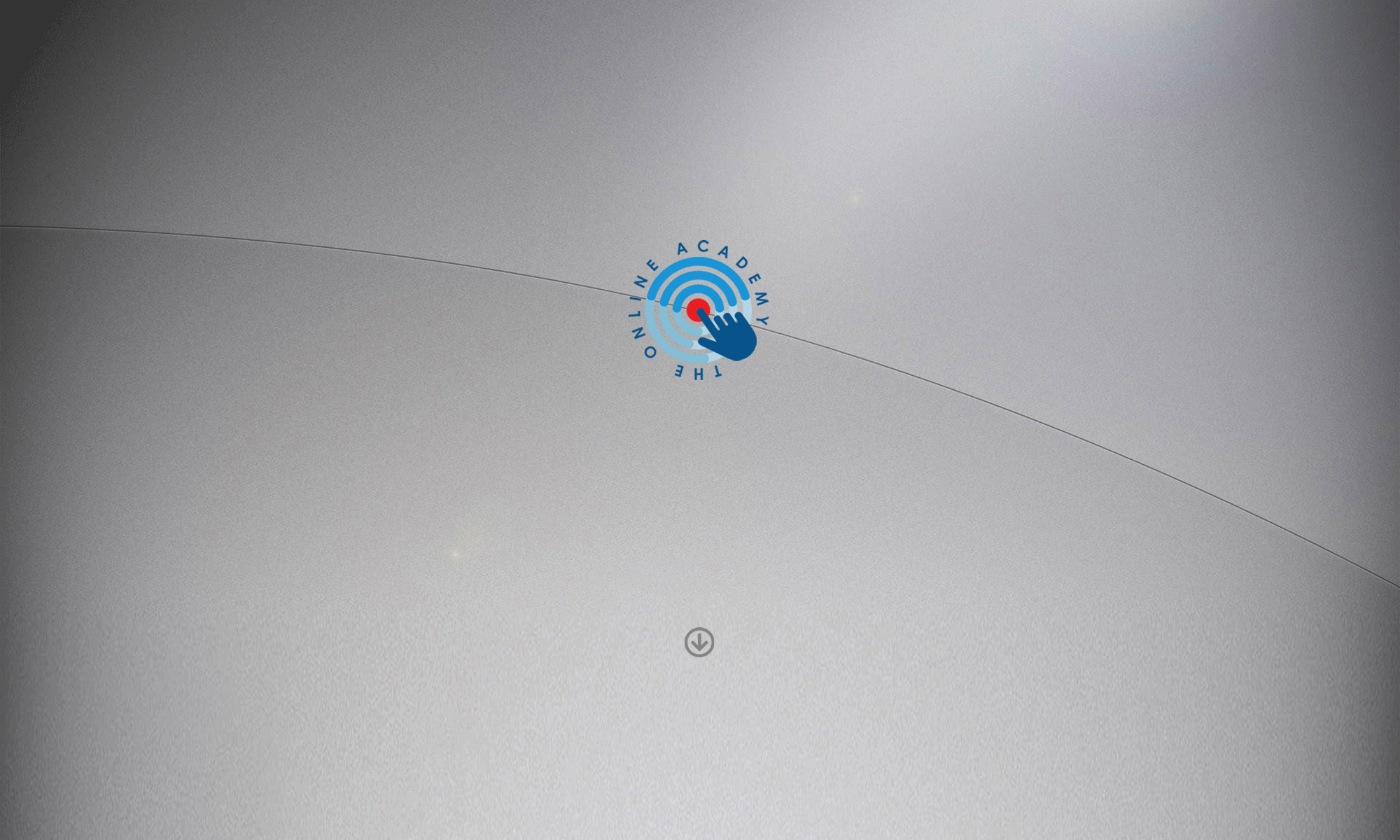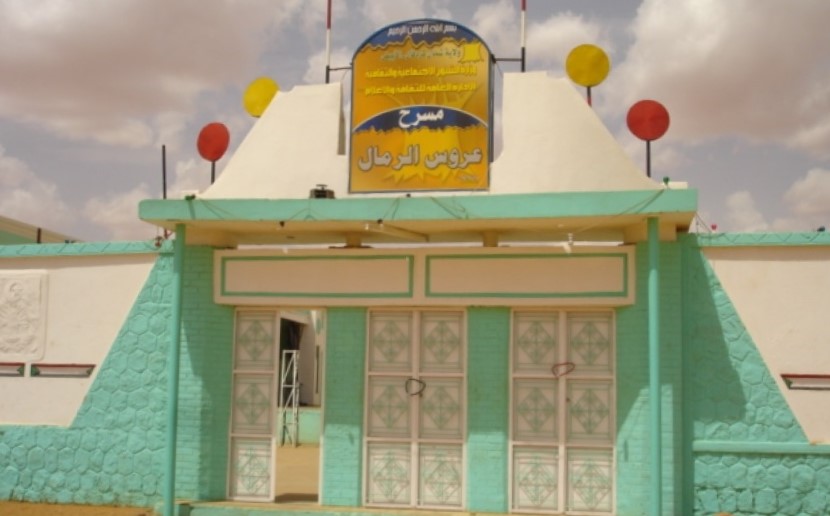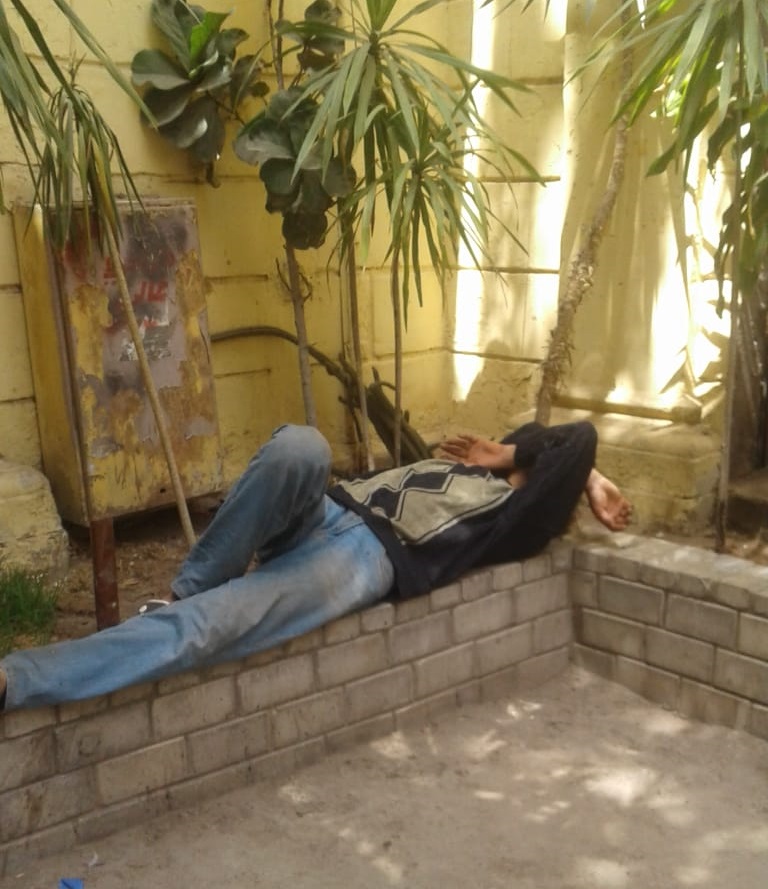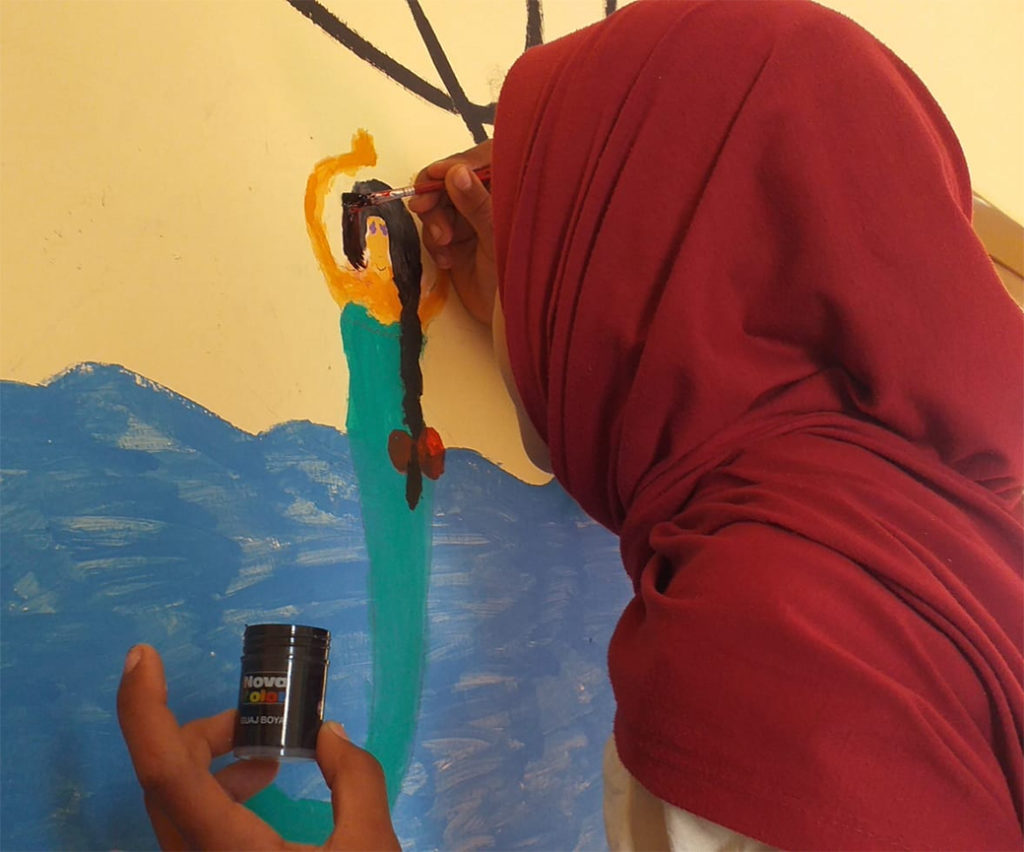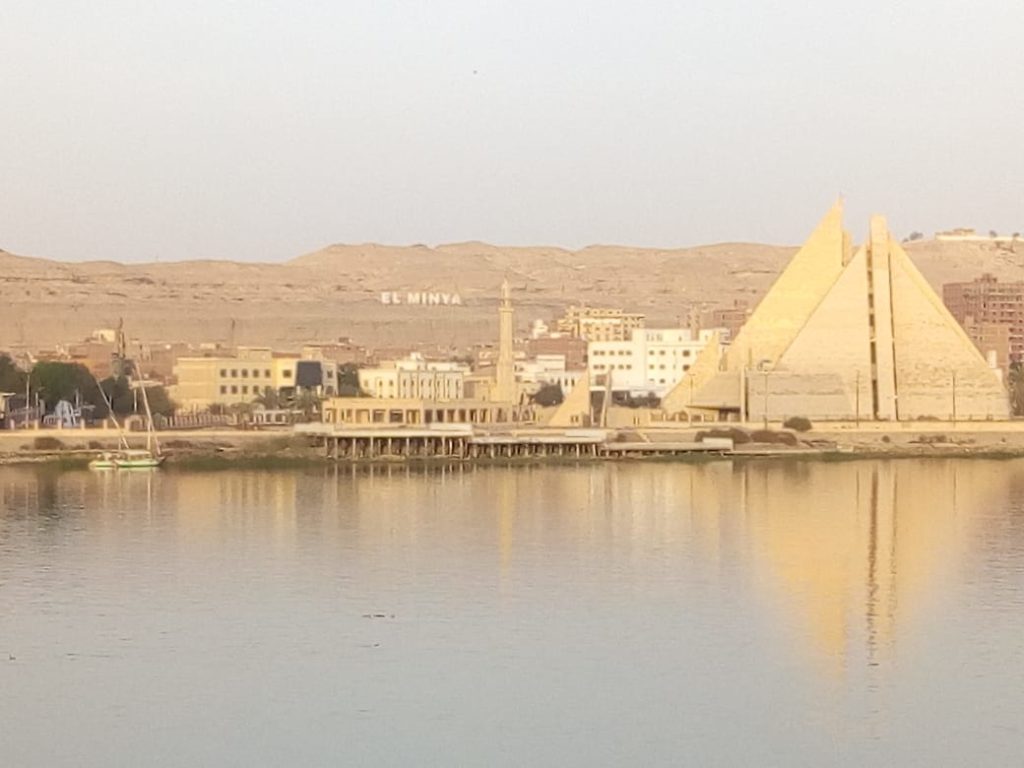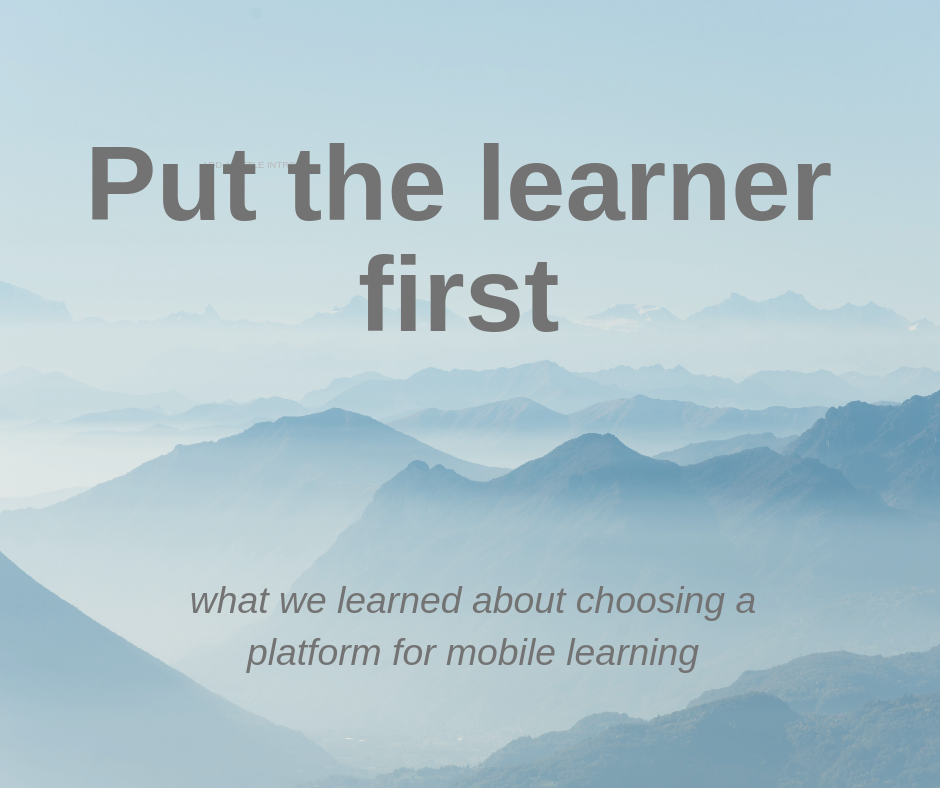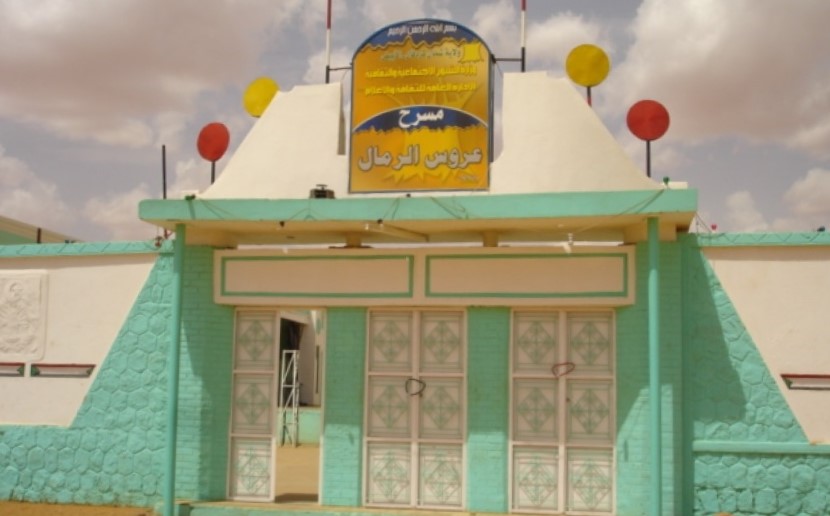
Veteran dramatist Fath Elrahman Abdallah to Online Academy: “Over 30 years of producing Kids Corner, I have become known as Sheikh of the Corner.”
Fath Elrahman Abdallah Suleiman was born in Sheikan village in White Nile State’s El Jazeera Aba. He became a teacher, but his career was not limited to this profession, as he was in particular interested in drama and theatre. He is now considered “the oldest friend of Kids Corner” radio programme on national Radio Omdurman, where he began working in 1984.
Many Sudanese people, in towns and villages, enjoyed listening to his drama work. A student of the Online Academy met him for an interview in the Talent and Excellence School in Elsawra, Omdurman.
The interview began with talk about Fath Elrahman’s educational background.
“I went to the Awlad Nasser Primary School in White Nile State. After finishing studies at the Muraabee Wad Ellebeeh Secondary School, I joined the Teachers Training College in Bakht Elrida in 1988. Between 2005 and 2009, I studied Arabic at the Open University of Sudan.
What about your career?
I felt honoured when I was hired as a teacher in Bakht Elrida in Elduweim. After that I joined schools in Elsawra, and later I became director of two schools in Elfatah II. Currently I work as a teacher at the Special School for Talented Pupils in Elsawra.
How did you find yourself immersed in drama?
Since joining primary school, in 1975, I enjoyed watching performances by the other students celebrating the Day of Sciences, Independence Day, and the Feast of the Sacrifice.
Yet, what prompted me to become actively involved was a theatre play by a group of children in their very simple playground in Sheikan village. When we were young, we were keen to attend cultural evenings in the village and we enjoyed the theatre performances. There were many cultural activities in Sheikan. I remember the first drama play I saw in the village was a rehearsal staged in the house of Uncle Mohamed Belo.
The cultural evenings had a special taste, especially those at the end of each secondary school week, during the feasts at the Bakht Elrida Teachers Institute, and the winter camps held outside Elduweim.
Who in theatre has influenced you?
There are many theatre makers who had an impact on me, most of all Elfadil Saeed [a famous Sudanese comedy actor] whom I consider a model and an example for my drama work. I like playing roles of disguise, similar to Elfadil Saeed.
What are your most prominent achievements at a local and national level?
Working for Radio Omdurman until the present day! The messages I receive during the programme are impossible to count and the fans of the programme call me “Sheikh of the Corner”.
My motives for continuing with the programme are my fondness of children and their innocence. Other motives are my talent and my love for the radio, in addition to the theatre plays I stage in Sheikan. The Sudanese radio calls me “the oldest friend of Kids Corner”.
What is your opinion about the Sudanese theatre?
The Sudanese theatre plays its role on the theatre scene, largely concerned with various social and religious themes. Its success goes back to Sudanese dramatists who formed the backbone of theatre, like Elfadil Saeed and Mahmoud Siraj Abu Gabora.
What dramatic style do you use?
I often work alone and sometimes in a group. I like to disguise myself. I remember when I was studying at the Bakht Elrida Institute, I had a sack full of funny clothes and disguise materials. I used to join in with any of the groups, and do a ‘comic news bulletin’ myself.
What do these comic presentations contain?
The ‘bulletins’ were part of my theatre performances in which I present a number of funny characters. They came from the local realities that villagers face.
I still remember the people who invited me to present the ‘local news bulletin’. Brother Suleiman Ali Ajeeb was one of the first people to present such a local bulletin in Sheikan village. Jagoub Adam Jagoub, famous by the name Jiddo, was also a village comedian in the 1970s.
What about days you will never forget?
One thing I will never forget is my hate for mathematics as a fifth grader. But there are many days I like to remember, such as 1 January 1984, the first day I presented my ‘comic news bulletin’, at the Muraabee Secondary School, during a joint celebration of the Sudan Independence by several other White Nile State secondary schools. Those were enjoyable days!
What does being away from Sheikan mean to you?
Being far away from my village makes me sad. Yet, I continue to present my drama works to the village, especially during holidays and special occasions. Sheikan is always in my heart. No day passes without me remembering my village, over and over again.
The Online Academy congratulated the participant with this profile article. He is obviously a very good writer! The interview with Fath Elrahman Abdallah is written in a clear and comprehensive manner, for an audience that already knows the famous artist.
As for the outline of the article, we replied to the writer that he could also try other ways to write a profile. He could for instance follow the story telling method – which may be more striking than rendering questions and answers. Information and facts such as education and work experience could be placed in separate sections. Quotations could be used strategically if you describe more and report less. Your own prose vocabulary could be used to make the story attractive, and relevant quotations could be added to enhance your point of view.
